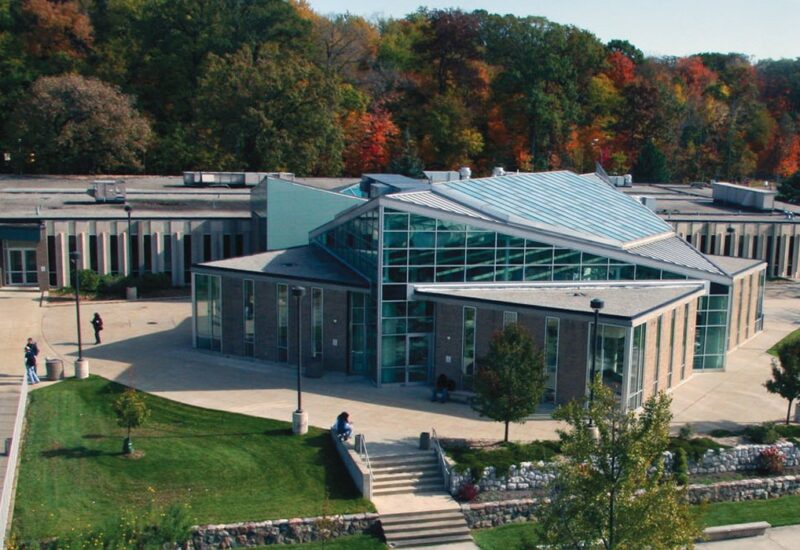Baumann Consulting was brought on board by Garforth International to help develop the District Energy Strategic Plan (DESP) for the city of Guelph in Ontario, Canada. This is an ongoing part of the internationally recognized Community Energy Initiative developed in 2007.
The DESP sought to:
- Measure Guelph’s current thermal demand
- Predict future thermal demand
- Create a cost-effective supply structure
- Ensure reliability of supply
- Reduce the city’s carbon footprint
Baumann developed a mapping of the base thermal energy demand of the entire city. Our team created generic energy models for different building types within the city. Based on their respective typology
Baumann used ArcGIS software to map the energy use of all buildings. With this data, our team identified the geographical areas within the city with the highest thermal intensity.
District energy hubs were chosen as starting points for the whole system near these high thermal intensity points. These hubs were then studied more closely to understand how their building landscape would change over the next twenty years. Renovations, demolitions, future development, and existing building stock were evaluated on a year-by-year basis to produce a broad thermal demand picture for the entirety of the DESP.
Based on this information a development plan was created to measure the infrastructure requirements for the city.
All suggestions to the city were substantiated with the financial rate of return calculations to assist with the decision-making process.




